The Raspberry Pi Computing Education Research Centre (RPCERC) was established in July 2021 and launched officially in July 2022. As a new Centre, we’re still small in size but with an ambitious mission to deepen our understanding of the teaching and learning of computing through our research activities. We are based at the University of Cambridge Department of Computer Science and Technology, but with a joint team spanning the University and the Raspberry Pi Foundation. It’s been an exciting first couple of years getting the Centre established.
We’re delighted to be able to publish our first Annual Report. As we were only just being established in our first year, we’ve included publications from 2021-2023. Future Annual Reports will be properly annual!
In the report, you’ll be able to see the profiles of everybody in our team since we started. We work in a very collaborative way and together span many areas of interest and expertise. We work on a range of topics, including AI education, programming education, physical computing, international CS education, gender balance and culturally responsive computing teaching.
We launched!
In July 2022, we held a formal launch event to celebrate the establishment of the Research Centre. We were delighted that Professor Mark Guzdial of the University of Michigan was able to speak at the launch and conduct the official ‘cutting of the ribbon’ for the Centre, and that Professor Simon Peyton Jones was our evening speaker. We greatly appreciate the support of both these esteemed academics as we start to build our momentum and grow the Centre. Most importantly we are extremely grateful to the Raspberry Pi Foundation for providing the funding needed to establish the Centre and for their continued support. We are in a unique situation with a research team that straddles both the University and the Raspberry Pi Foundation so our relationship represents a deep and effective collaboration.
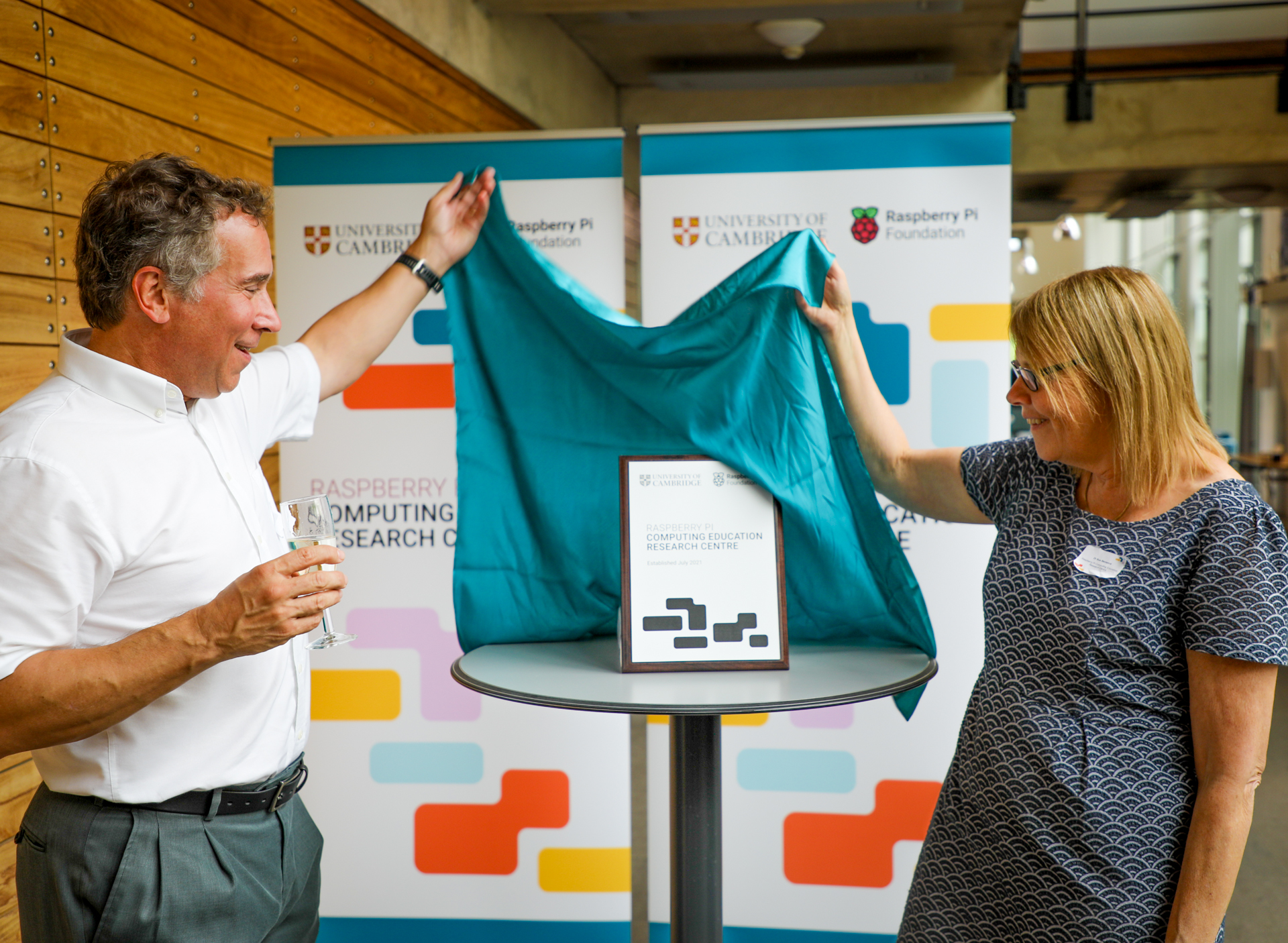
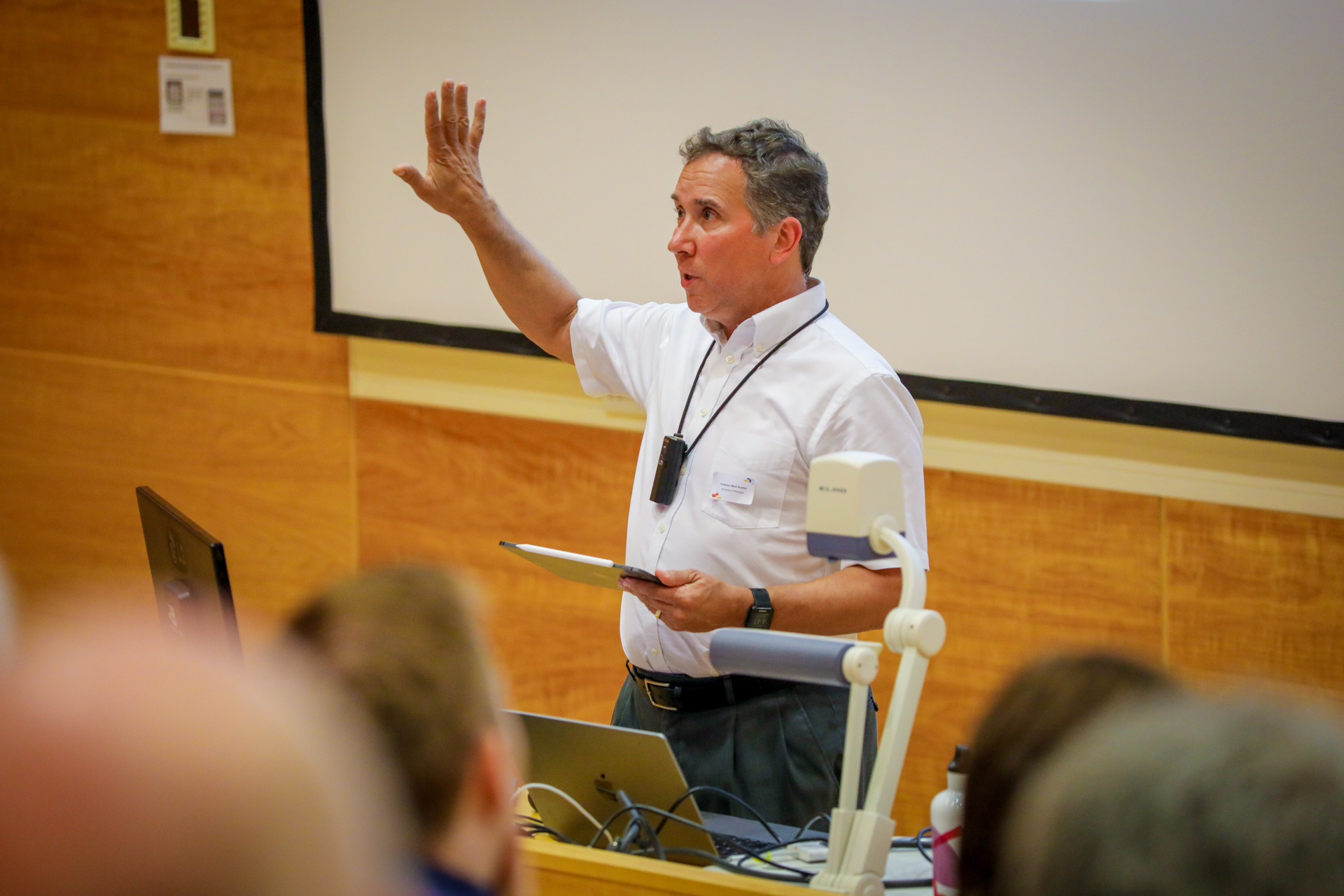
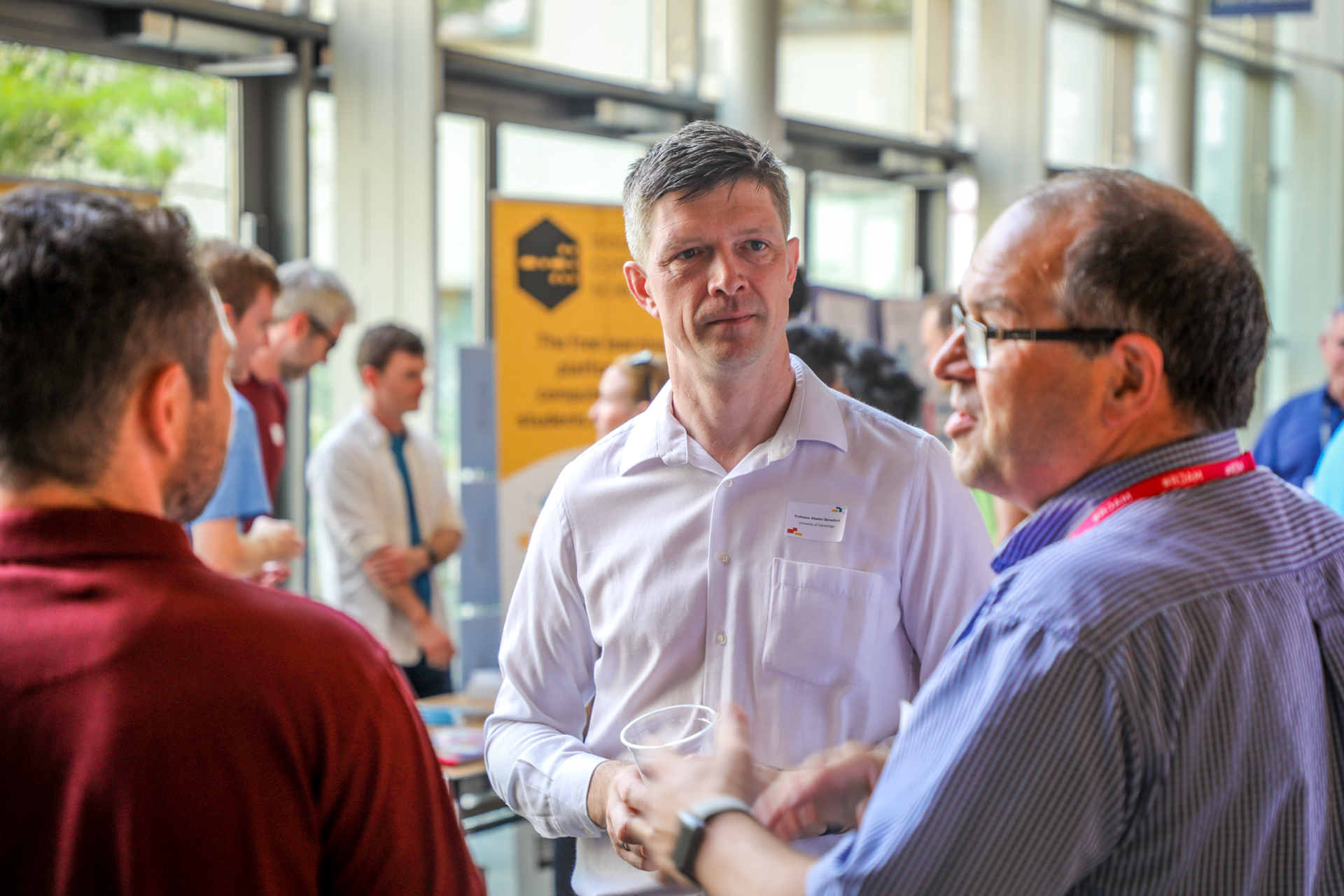
PhD students
One of our most important goals is to support a pipeline of researchers in computing education, and this involves recruiting and training PhD students. Last year we welcomed our very first PhD students, Laurie Gale and Salomey Afua Addo.

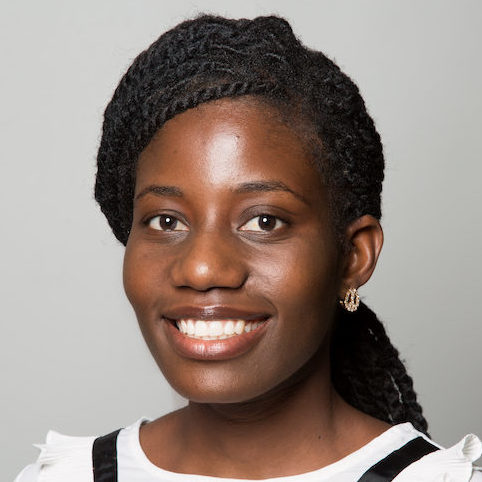
Laurie’s PhD study focuses on debugging, a key element of programming education. His first paper, which he presented at UKICER this month, looked at the emotions and attitudes of lower secondary students as they attempt to debug their programs. He is also looking at actual debugging behaviour, and you can now read his latest blog post on the teacher’s perspectives on debugging.
Salomey’s work is in the area of AI education in K-12 and spans the UK and Ghana. Her first study considered the preparedness and motivations of teachers in the UK to teach AI and she will be shortly conducting some field work in Ghana to complement these findings.
Projects
We’re working in a range of topic areas, all within the broad area of computing and AI education for young people. Here are a few examples:
- We were pleased to receive funding from Google to carry out a project investigating the implementation of culturally responsive computing in schools in England in 2022. Culturally responsive teaching maintains that teachers need to understand students’ cultural differences to be able to convert this knowledge into curriculum designs, create conducive teaching environments, and support student’s understanding of social justice issues.
- We are working with DeepMind to conduct an independent evaluation of their AI school education programme. DeepMind is partnering with six education charities and social enterprises in the UK to co-create a bespoke education programme to help tackle the gaps in STEM education and boost existing programmes through funding, volunteering, and the development of new AI resources. The evaluation runs through 2023 and 2024.
- We’ve been working on semantic wave theory, specifically completing a small research project investigating how feedback to students who have answered multiple-choice questions can be improved using semantic wave theory. In this pilot, we worked with teachers and students who use the Ada Computer Science platform.
WiPSCE conference
In just over a week, the Centre will host the 18th WIPSCE Conference on Primary and Secondary Computing Education Research. This is an exciting opportunity to welcome many other researchers from all over the world to Cambridge, and we are looking forward to a fantastic program of research presentations, posters and social events. The WiPSCE conference will be followed on Friday 29th September by a CAS Cambridge meeting focusing on ways in which teachers can get involved with research.

Publications
Apart from the actual launch itself, which was a great opportunity to share our vision and current work, we have been able to present our work at a variety of conferences and events around the world, as well as publish in journals and conference proceedings. This has enabled us to build relationships and collaborations that we hope will continue for many years. The Report lists all our publications in the last two years, including a literature review on AI in K-12, our analysis of culturally responsive computing teaching in the UK, and a paper on computing teachers’ experiences across all countries of the UK and the Republic of Ireland.
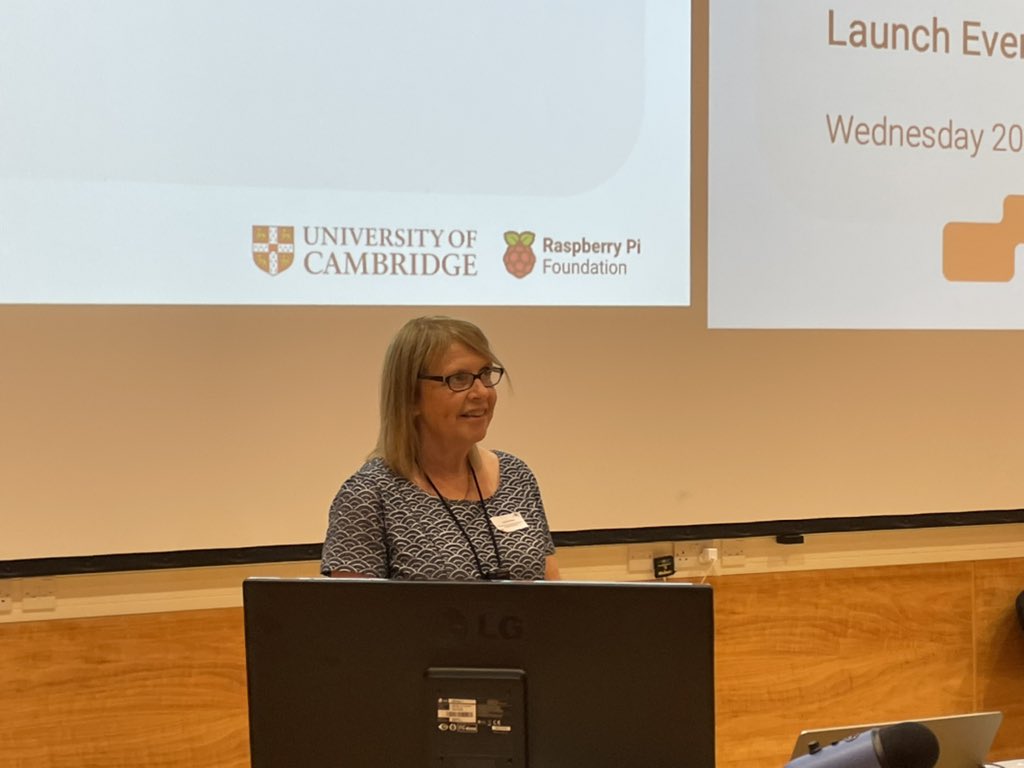
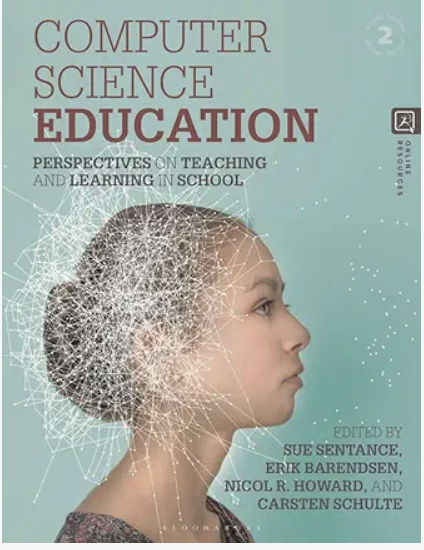
A final highlight was the publication of the second edition of the book, Computer Science Education: Perspectives on Teaching and Learning in School, of which Sue Sentance is the lead editor. With chapters from specialists in the field from all over the world, this is a useful book for anybody interested in finding out about research in computer science education, particularly those new to teaching.
Sign up to our newsletter
If you’d like to receive quarterly emails about Centre news and our research activities, you can sign up to our mailing list.